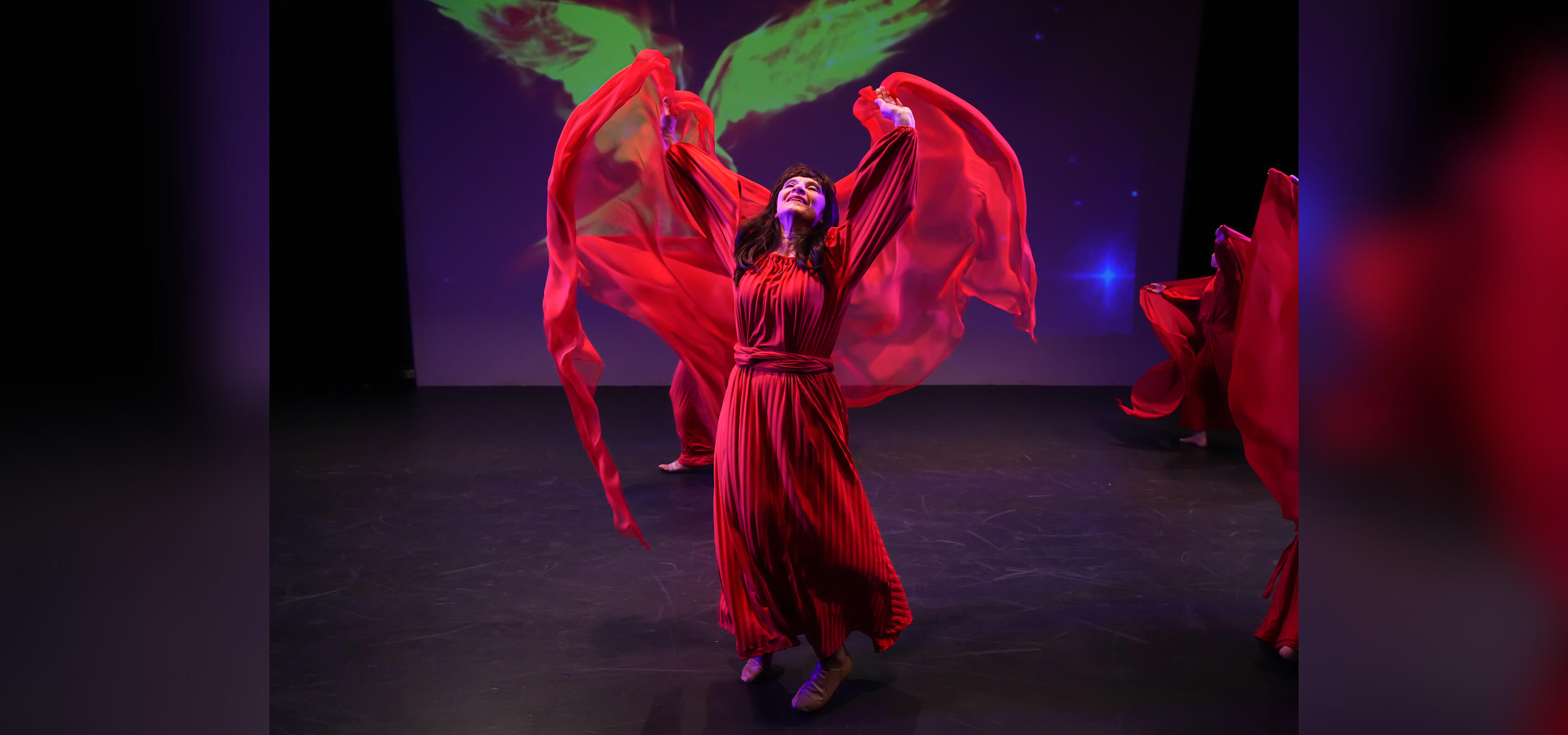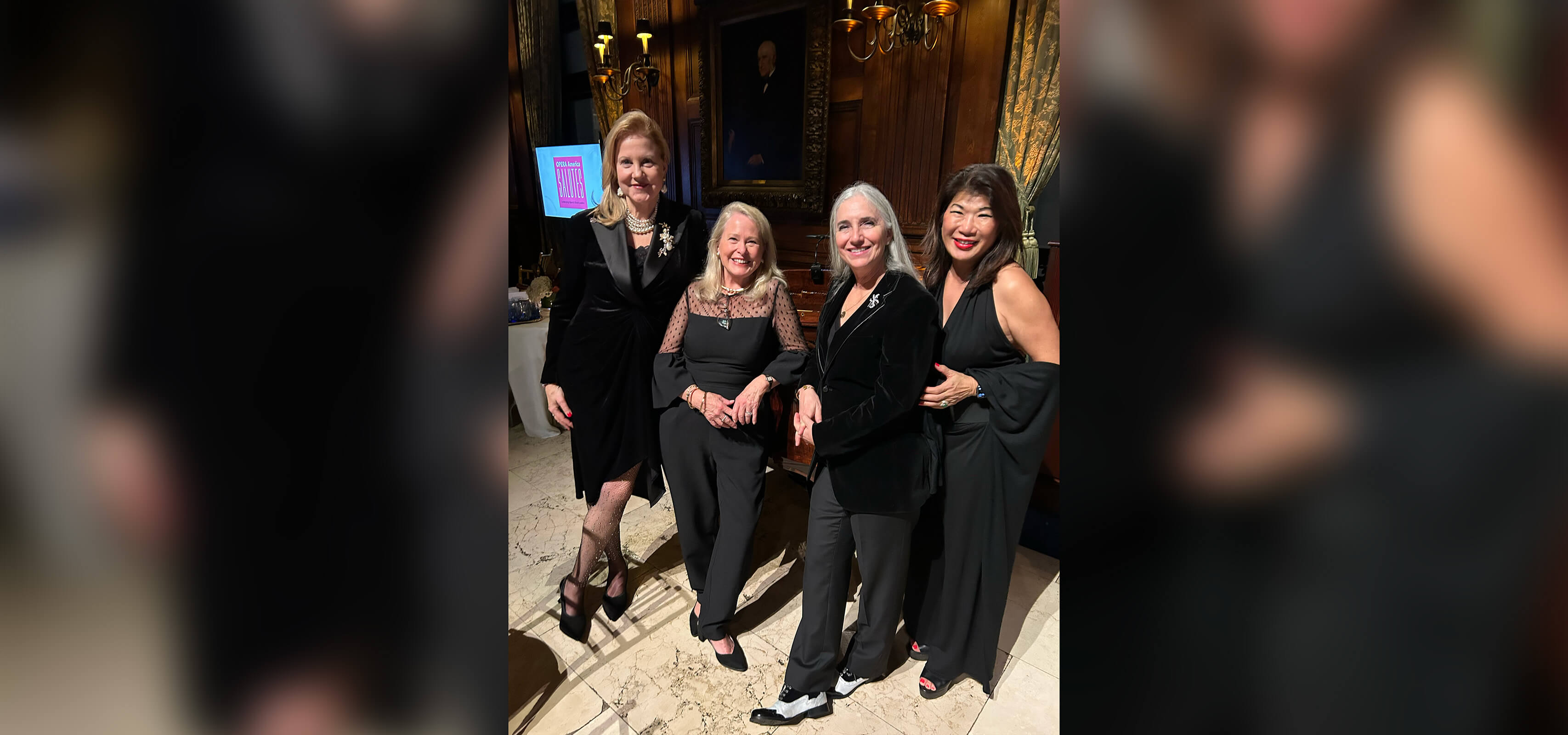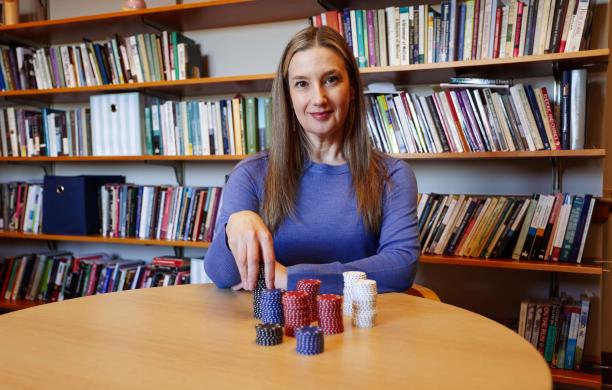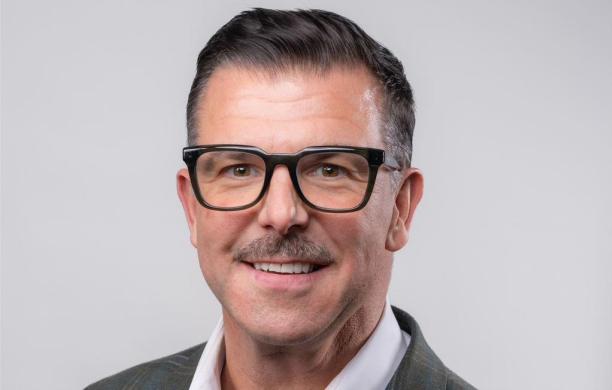The appeal of the stage and performance art inspires people in different ways. While many will hear the call to jump on stage themselves, others are more influenced to lead people to it. Some leaders in the arts create opportunities as producers for skilled performers to exercise their craft, and others become so entranced and aim to widen the audience and expose more people to that magic.
Here are three stories of alumni with varied backgrounds, careers, and experiences who have become leaders in the performing arts industry.
Leaders in Performing Arts

Celeste Varricchio ’73, producing artistic director and founder of Mosaic Dance Theater Company, cut her theater chops in Lehigh’s Mustard and Cheese Club — and set the stage for her future investment in Lehigh’s theater opportunities for students.
“Lehigh planted the seed for what would be my life's journey,” she says. “Mustard and Cheese is a unique society that allows students to grow in the theater world. It allows student performers to grow. You are the director, and you are the choreographer and creating this world. [...] It was a wonderful experience.”
Post graduation, Varricchio worked professionally at the Dallas Theater Center in Texas while earning her MFA in theater from Trinity University before moving to New York. “I needed to make money, pay rent, and buy food. I was filling my bank account with money to get my headshots for auditions,” she remembers. “I worked in summer theater and learned what it was to be a producer.”
She eventually found work with Broadway producer Elliot Martin, but the ebb and flow of that business forced her to explore more stable work. She landed a long-term corporate career in publishing, first at Times Mirror Magazines in the Book Club division, then at Harper & Row (now HarperCollins). Varricchio credits her success in that field to her quality work and the support of those around her. “I knew nothing about book production, but the woman in the department said, ‘You are a smart woman. You can learn.’ She was a fantastic mentor and fantastic teacher.”
The similarities between book publishing and theater production helped Varricchio as well. “You have to look at the release date and work backwards. It's the same way in the theater. You can't start building the sets two days before the show."
Her day job did not interfere with her commitment to theater. She would run shows in her apartment for no admission and help friends with tech for their shows.
She went on to produce a one-person show, Ovid's Metamorphosis. “I was performer, producer, set design … I hired a lighting guy and charged admission and had a nice little run.” She then used her vacation time to take the show to Scotland for two weeks with a friend. “It was a great experience.”
Her favorite show of that time was an Ali Baba and the 40 Thieves adaptation commissioned by Lincoln Center’s arts programs that toured for a decade. Creative work like this led her to found Mosaic Dance Theater Company, a space where theater and dance intersected.
Varricchio shares her work ethic and passion for the arts with the Lehigh community. As one of the first 12 women to receive an undergraduate degree from Lehigh in the historic Class of 1973 and one of the first six female members of the Gryphon Society, she recognizes what it means to present students with opportunities they can run with.
“You have to want to roll up your sleeves and put your hands in the dirt. You can't be afraid of getting dirt under your fingernails because it will wash off eventually. You need encouragement from those who can help you.”
While attending the first Soaring Together Women’s Conference, Varricchio began thinking about how she could encourage students in theater, leading to her establishing the Celeste Varricchio Visionary Theatre Student Award, given to an exceptional student in the Theatre Department. A recipient of the Alumni Award in 1998, she also received the Eugene G. Grace 1899 Award at Reunion 2023 for her distinguished service encouraging support of the university.

Anne Kline ’81 talks about how she grew up listening to Johnny Cash, Lena Horn, or the "scandalous whipped cream album cover” by Herb Alpert & the Tijuana Brass. Today she serves on three opera boards: the Washington National Opera’s Board of Trustees of the Kennedy Center, the Wolf Trap Foundation Board, and the Metropolitan Opera Advisory Board of Directors. She is also a member of the National Committee of the Performing Arts of the Kennedy Center.
Serving as an opera ambassador for Washington National Opera, Kline’s passion is enjoying and sharing opera. But she says it wasn’t until she met her husband, Geoff Pohanka, that she was introduced to opera. “Geoff and my father-in-law were able to share their passion with me,” she says.
After Kline learned more about opera and became increasingly interested in sharing it with more audiences, her father-in-law, then chairman of the Washington National Opera at The Kennedy Center, invited her to join the board.
“I love that the artists are trained to sing without musical amplification,” she says. “When I saw and heard how these voices can project without amplification, I fell in love. It's so powerful. They tell a story with their voice instead of just singing.” She also acknowledges that being part of the opera community offered great networking opportunities as a commercial banker in Washington, D.C.
Kline says most opera graduates of the Young Artist program at the Kennedy Center go on to travel around the world. She supports them in countless ways to help get their careers off the ground. “I've purchased gowns for auditions and tuxedos for auditions. I help them along the way by letting them stay in our house when traveling for auditions.” She also travels to their performances locally and internationally. “Santa Fe, Seattle, Madrid, Miami ... it's always nice to know there is a friendly face in the audience.”
She says she’s proudest of helping to grow the opera audience. She’s committed to bringing the experience to groups of people who have never had the opportunity to enjoy it or learn the craft. “I love bringing people to an opera. It's not just tickets. It's an experience.”
She says her parents encouraged her to develop interests through new experiences. “I appreciated that my parents wanted me to try different things,” she says, and her work aims to open others to similar opportunities.
When Kline exposes someone new to opera, she sets the stage. “I'll bring in someone to talk about the opera so they know the story and a little bit of the music. If you know the story beforehand — or about the composer — it helps you understand and enjoy it better.”
In January 2024, Kline received an award from OPERA America for her work in the arts.
“I was very proud and humbled because I'm doing what I love and of the fact that they recognized me for being inclusive about wanting people to learn about the opera,” she beams.
One of her besties is Linda (Taylor) Ferguson ’81, who inherited her mother’s opera tickets at the Metropolitan Museum of Art. “Linda and I met in 1977,” Kline recalls, “and 47 years later, we love getting together to go see an opera!”
Her favorite opera director is Franco Zeffirelli. “I love the grand productions.” But she loves opera in all languages and styles, including the more contemporary productions.
“Everyone in their life should see one opera,” she says. “Whether you are going for the story or the music or the glittering gold of a Zeffirelli, it's pretty amazing."

After working for years in investment banking, Marc Falato '87 seized an opportunity to explore an aspirational career path he had almost forgotten.
His father worked in television and film, and young Marc expressed an interest in production early on, but his father knew the industry was a difficult one that offered inconsistent paydays.
“My father said, ‘Go to college, get a degree in something else, and if you still want to get involved, we will see what we can do for you, but it's important to have something to fall back on.’ [...] He sincerely hoped that after four years of college, I'd forget about it and be thoroughly engrossed in what I had studied, which is what happened when I left Lehigh.”
Falato earned an MBA at New York University and had a successful banking career in New York and Asia. After 10 years, he found himself out of work and began to consider alternatives. “I felt the need to do something more creative. I have no creative talent. I can’t sing, dance, or paint. I’m a decent photographer. But I talked to some people I knew in the arts, and they asked if I ever thought about producing.”
The suggestion was enough to reignite his interest. “I did some research and took a three-day seminar that Commercial Theater Institute in New York does. I met some Broadway producers and started networking that weekend, and that’s what led to me being involved in Glengarry Glen Ross.”
The play went on to be nominated for many Tony Awards in 2005. It won Best Revival of a Play, and actor Liev Schreiber won Best Featured Actor in a Play. It was the first title under ZenDog Productions, which Falato co-founded with Pun Bandhu. They later won Tonys for Spring Awakening in 2007 and nominations in 2019 for Beetlejuice, which enjoyed a second run following the COVID-19 pandemic in April 2022 at the Marquis Theatre.
While he has enjoyed success and accolades in the industry, Falato admits his father was right about show business. “Everything seems so much cooler and sexier from the outside,” he says. “I realized early on that the only way to truly make money as a producer on Broadway was to do many shows because the hit ratio is so poor. You need to have volume in order to make money as a producer.” But through his business acumen, he’s proud to have found a business model that nonetheless prioritizes quality over quantity, something he recognizes is rare in New York theater. “Sometimes we are lucky and sometimes we are not, but that’s just the way it goes.”
Falato names making an impact on the audience as the best way to achieve success in the theater. “When we were doing Spring Awakening, social media didn't really exist the way it does now,” he remembers. “My producing partner and I, along with the account rep at the show’s ad agency, got together and determined — given the demographic — we needed to try to do what we could on social media. I think that was a key factor in spreading the word among teens and tweens, the [high school] and college-age audiences.”
He remembers that the connection didn’t stop there. “An unexpected thing happened when we did Spring Awakening. The show was about young people entering adulthood, and we received a large number of letters and emails from young people who said that they felt or could identify with any number of the characters [...] And that were it not for [the show] and how open it was in confronting some of those issues, they might have committed suicide or tried to harm themselves.” This meant more to Falato than the financial success.
“I can't think of anything I've experienced working in theater that has been as powerful or meaningful to me. I'm grateful that we had such an impact.”
He also seeks to make an impact as a member of Lehigh’s Zoellner Arts Center’s Advisory Council.
Falato says Lehigh developed his ability to think creatively. “One of the things I credit Lehigh with in terms of my education is problem-solving and thinking outside the box where you can, and I think that was helpful in that strategy of trying something new.”


